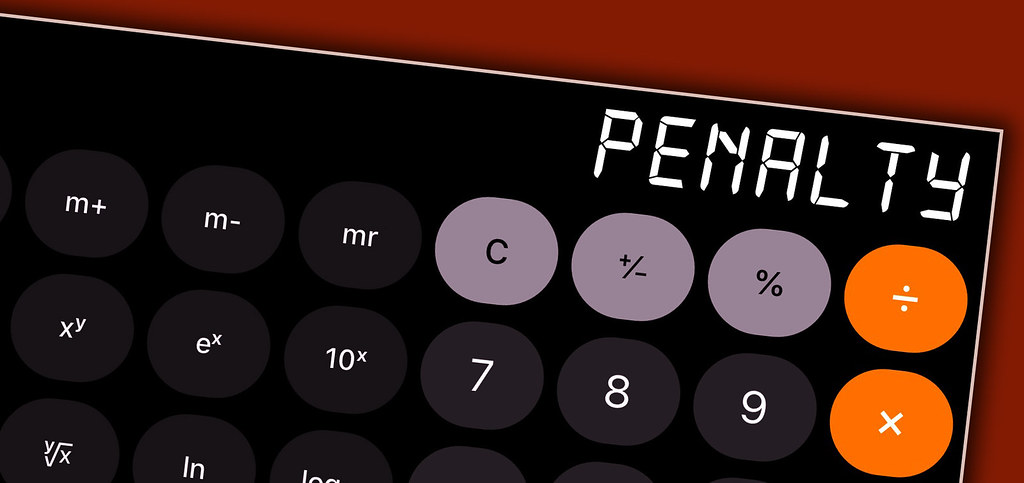
Waiting until you file your personal tax return to pay your household employer taxes could reduce your expected tax return or, if you wind up owing taxes, subject you to an estimated tax penalty for underpaying your taxes during the year. Here’s how to avoid it.
The IRS has a catchy slogan that can potentially save household employers money: pay as you go, so you won’t owe.
Families that hire nannies, senior caregivers and housekeepers among other types of household workers are considered employers and need to pay federal employment taxes. Specifically, Social Security, Medicare, and unemployment taxes.
But waiting until you file your personal tax return to pay these taxes could reduce your expected tax return. Or you may wind up owing taxes and possibly be subjected to an estimated tax penalty and interest for underpaying your taxes during the year.
The overall number of taxpayers who paid an estimated tax penalty jumped from 7.2 million in 2010 to 10 million in 2015, an increase of nearly 40 percent.
For the 2019 tax year, the penalty for underpayments is six percent of the tax still owed when you file.
You can avoid owing taxes with your return and the estimated tax penalty if you pay enough tax before you file your return to cover both the employment taxes as a household employer and your income tax.
In general, you can steer clear of this penalty if you owe less than $1,000 in tax or if you paid at least 90 percent of your tax obligation before you file.
Fortunately, there are two easy ways to avoid this tax penalty. You can:
- Increase tax withholdings from your pay
- Make quarterly estimated tax payments during the year
Taxes are pay-as-you-go so making regular payments throughout the year will help you avoid surprises when you file your return.
You should increase your withholdings or make estimated tax payments if you expect to owe tax of $1,000 or more when your return is filed.
Let’s review your options.
Increasing your withholdings
You can avoid having to make estimated tax payments and the underpayment penalty by asking your employer to withhold more tax from your earnings. To do this, file a new Form W-4 with your employer. There is a special line on Form W-4 for you to enter the additional amount you want your employer to withhold.
You can use GTM’s nanny tax calculator to figure out what you will owe in household employment taxes and then determine how much additional money you would like withheld from your pay to cover this tax responsibility.
Make quarterly estimated tax payments
You can also make estimated tax payments to the IRS during the year using Form 1040-ES, Estimated Tax for Individuals.
Estimated tax payments are due:
- April 15 (for January 1 to March 31)
- June 15 (for April 1 to May 31)
- September 15 (for June 1 to August 31)
- January 15 of the following year (for September 1 to December 31)
Estimated tax payments can be sent with Form 1040-ES:
For additional information, go to Publication 505, Tax Withholding and Estimated Tax.
Or let GTM Payroll Services manage it all
There is a third and easier way to handle your household employment taxes. That’s to let the experts at GTM Payroll Services handle estimated tax payments for you. We’ll remit your household employment taxes on a quarterly basis, so you don’t have to worry about a thing. We also offer an on-time, every time tax filing guarantee. Call (800) 929-9213 for a complimentary, no-obligation consultation.
Download The Complete Guide to Household Payroll
Get our complimentary guide and learn everything you need to know about paying your employees legally and filing your taxes the right way.
“penalty” by CreditDebitPro is licensed under CC BY 2.0





 Get your free:
Get your free: